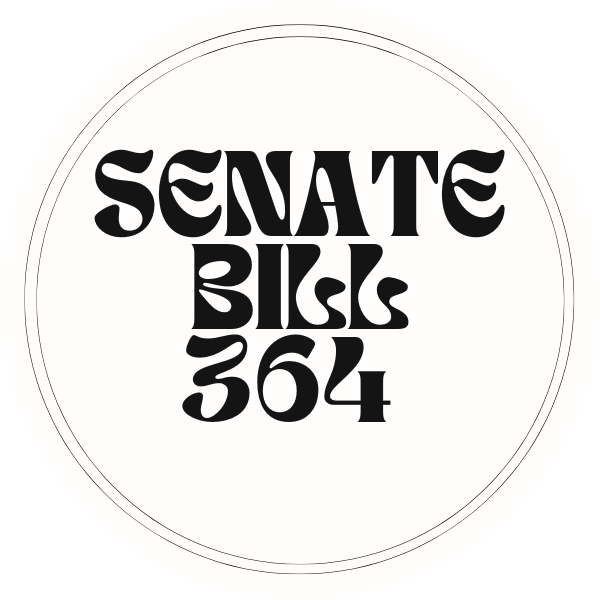Policy Change: Stay Informed, Take Action.
Laws and policies shape access to speech therapy, education, and support for people with childhood apraxia of speech (CAS). Staying informed helps us push for better services, secure funding, and hold leaders accountable. When we track policies, we can take action, contact legislators, and make real change happen.
National Advocacy:

CALL TO ACTION: CALL, WRITE, & MAIL YOUR STATE ATTORNEYS GENERAL.
The three proposed bills—H.R. 899, H.R. 938, and the Returning Education to Our States Act—all seek to abolish the U.S. Department of Education, shifting control to states and local authorities. This would eliminate federal oversight, funding distribution, and enforcement of education laws. The biggest risks include weakened protections for special education and homeless youth, as programs like IDEA and McKinney-Vento rely on federal enforcement to ensure equal access. Without centralized funding and accountability, states may struggle to provide consistent support, leading to disparities in education quality and services for vulnerable students.

CALL TO ACTION: CALL, WRITE, & MAIL YOUR STATE ATTORNEYS GENERAL.
Seventeen states are suing to challenge Section 504 of the Rehabilitation Act, using gender dysphoria as a legal argument. In pages 37-42 of the lawsuit, they attempt to label Section 504 as unconstitutional and argue that it should not be enforced. This could set a dangerous precedent, weakening protections for disabled individuals, including those with childhood apraxia of speech (CAS). The court date is set for February 25, 2025.
Alabama:
Alabama House Bill 197 (HB197) conflicts with federal rights and procedures under the Individuals with Disabilities Education Act (IDEA) by imposing additional steps before a due process hearing. IDEA guarantees parents the right to request a hearing without unnecessary delays, and HB197 could create barriers that violate these federal protections. By making it harder for families to access due process, the bill undermines the rights of children with disabilities to receive the services and support they are entitled to under federal law.
Connecticut:
General Assembly Proposed Bill No. 6204 aims to ensure full state funding for special education and establish a neutral state panel to oversee special education placements. The bill proposes amending Section 10-76g of the general statutes to require the state to cover the full cost of special education services, relieving local districts of this financial burden. Additionally, it calls for the creation of a neutral panel responsible for making placement decisions, removing the current requirement for parents or school boards to prove their case in such matters. This bill is crucial for ensuring equitable access to special education and fair decision-making processes for students with special needs.
Indiana:
Indiana HB 1136 (2025) poses risks, including loss of local control, as it replaces elected school boards with a state-appointed governing board, removing community input. Forcing all district schools to become charter schools raises concerns about quality and oversight, as some charters may prioritize profit over student outcomes. Prioritizing the lowest-performing schools for charter conversion could lead to closures, layoffs, and student disruptions, especially for special education. Unclear accountability measures further risk inconsistent education quality.
Oklahoma:
Senate Bill 364 seeks to amend Section 13-116 of Title 70 of the Oklahoma Statutes, which pertains to the use of corporal punishment in schools. The bill prohibits the use of corporal punishment on any student identified with significant cognitive disabilities, as defined by the State Department of Education, unless specified in the student’s Individualized Education Program (IEP) under the Individuals with Disabilities Education Act (IDEA). It also removes the provision that allowed for parental consent or waiver for corporal punishment. The bill, effective July 1, 2025, declares an emergency for its immediate implementation to protect students’ rights and ensure appropriate discipline methods are applied.
Fund Policy Change Efforts
Every dollar supports direct action, legislative outreach, and policy change efforts that our advocates do for free. While we are happy to do this for free, donations help us dedicate more time to advocacy during hours we would be working to pay our bills. Any donation is appreciated.



